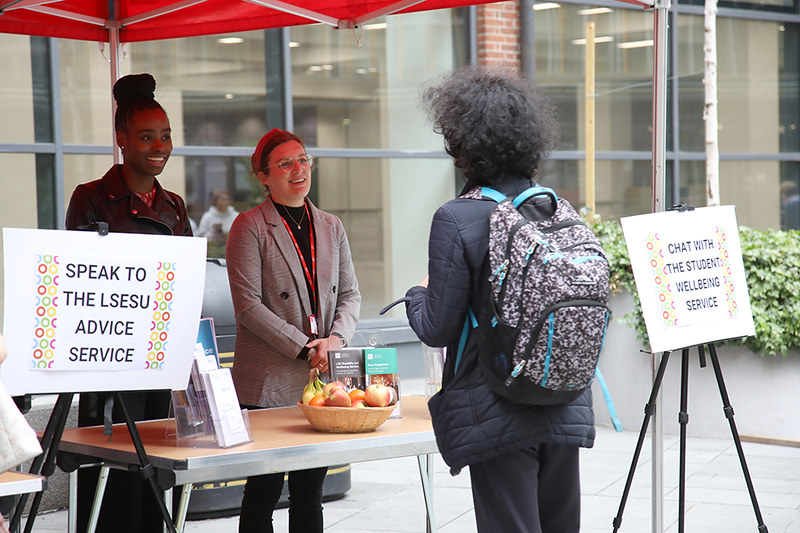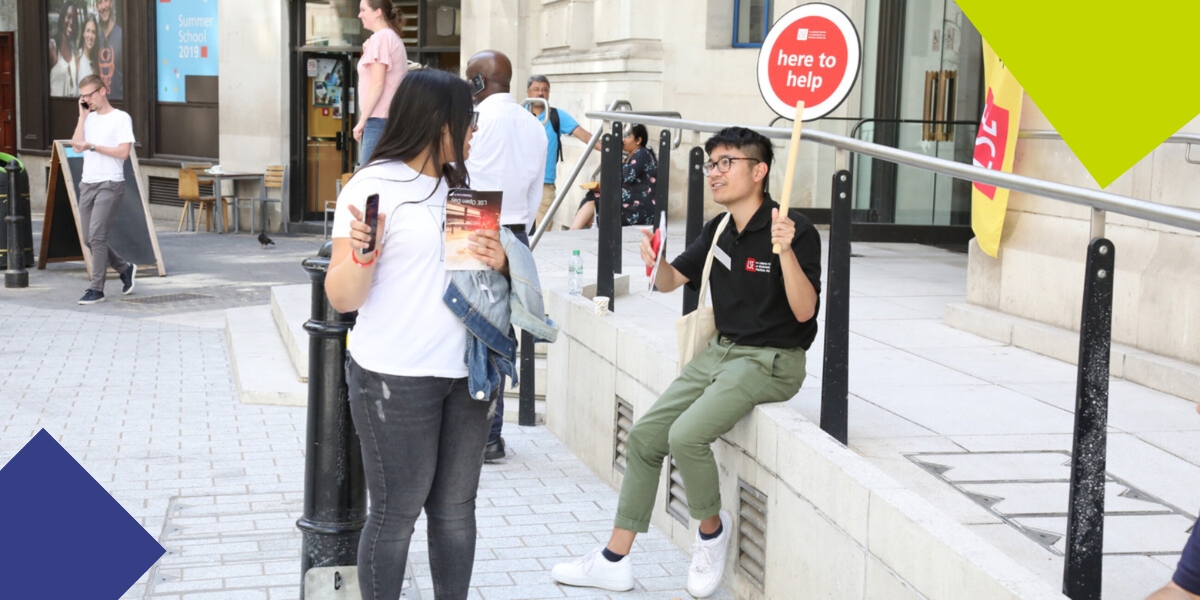The PhD upgrade process is the first big hurdle you face as a PhD student at LSE. Passing the upgrade is what determines whether you move onto full PhD status or not for the rest of your degree programme. As such, it can be a stressful and anxiety-inducing process. However, there are ways to manage the process and your first year of the PhD to ensure you are ready and well-equipped to pass your upgrade at the end of the first year.
1. Start Early
When you begin your PhD, it is easy to squander valuable time. Since you are not taking a bunch of classes every week, there are no regular deadlines for you to think about or readings to consistently complete. As a result, some PhD students spend their first several months not completing much work. However, it is vital to hit the ground running when you begin so you can use all the time at your disposal. You don’t want it to be April and you are behind because you did not use your first few months wisely.
2. Set your own deadlines
This next tip flows from the first one. Some students might say it is all well and good to start early, but are not sure how to do that. Set your own deadlines or milestones then so you have benchmarks to work against. Ask your supervisor to give you deadlines if you have difficulty creating your own. Completing smaller tasks along the way can help you complete the larger project and make you feel like you are making progress. It is helpful to divide the academic year into chunks and think about what you want to accomplish. It makes meeting your goals a lot easier. That feeling of progress helps you stay on track, which is crucial when managing a huge project like a PhD where it can be easy to lose yourself in the details sometimes.
3. Focus on one thing at a time
Every PhD programme requires different components as part of the upgrade dossier you submit at the end of the academic year. In the Department of International History, we have four pieces, but the two major ones are your historiographical essay and your sample chapter. Some students make the mistake of trying to tackle everything all at once. Doing that makes it harder to make substantial headway on any one part. Instead, it is advisable to focus on one thing at a time. For me, I started with my historiographical essay and spent the first part of the year working on that. Once that was completed, I moved onto my upgrade chapter. Focusing on one thing at a time helped me keep my stress levels down and made me feel like I was getting work done. It can be tempting to be overly ambitious, but it is important to remind yourself of your limits and the constraints you operate under. If you take on too much at once, you might not make real progress at all.
For details on the PhD upgrade process for all Departments have a look at the PhD Academy guidance.





